A chat Over the Fence with Emily Pearcy
Editor’s note: The high cost of education — and the very complicated risk/reward calculations that young people must make when judging whether to take on large amounts of educational debt — are a challenge not just for individuals but for their communities. As recent Rappahannock County Public Schools (RCPS) and Roanoke College graduate Emily Pearcy explains here, the problem of college debt is not so much the initial amount but the fact that interest charges can push the actual debt burden much higher over time
New Rural Virginia: Tell us a bit about yourself… where did you grow up in the county, where did you go to school? Emily: I grew up in Castleton. I graduated from Rappahannock County High School in 2013 and received my BA in sociology with a concentration in anthropology from Roanoke College in 2017. My sociology degree is extremely applicable to many different fields and my education has given me a lot of confidence in terms of working in my profession.
Do you think Rappahannock high school prepared you for your next choices? Emily: Yes! Specifically, because of Jason Gochenour, the RCHS guidance counselor at the time. In addition, the AP courses really prepared me for college-level work and I would highly recommend them to anyone thinking about a four-year program.
What drew you to Roanoke college as opposed to community college? Emily: I wanted a four-year college experience, away from my hometown. Community college is a phenomenal option, and might even have been a more financially responsible choice. Although I could have saved money going the community college route, however, I don’t regret my decision to attend a four-year school. I received a well-rounded young-adult experience in which I learned, not only academic material, but also life lessons and social skills, and how to really be responsible and accountable for my life and choices.
I imagine the financial considerations were important to you…you were able to benefit from several scholarships, right? Emily: Yes, I received several scholarships through Roanoke College.
Do you have any student debt? And if so, how are you managing it? Emily: I have some student debt, but not nearly as much as others. I was fortunate to have the scholarships as well as family help. I’m managing it now by budgeting the best that I can, which isn’t exactly easy right now. I’m currently working three jobs to pay my various debts, and cover the increasing costs of rent, gas, and groceries.
Would you do anything differently? What would you advise kids graduating this year? Emily: I, personally, wouldn’t change anything about my experience. I wanted a four-year experience, and at a small college where I would not just be a number. That said, if I had known at 18 what the real financial cost would be, it is certainly possible that I would have made a different choice. As an 18 year-old, it is hard to understand the financial implications, however. Still, I’m very happy with the direction my life went. I would advise students graduating today to really consider the “where do you see yourself in 5 years” question. Take time to lay out what options you have available and go from there. And of course, don’t be afraid to ask for help or advice when making decisions. It really depends on what recent grads want to do, there are so many paths to take, and they all involve different types of education. The main thing I’d want to drive home is, never stop learning -- even if it’s just the school of life, there is always something you can pick up. Find things you’re truly interested in, invest the time, and see how you can orient your livelihood around that- some jobs pay well, but at the cost of your own happiness.
What advice would you give policy makers about educational priorities? Emily: Make it affordable. I am not 100 percent sure what the solution is, but if we are not investing in the education of the next generation, then things will never progress.
Do you support student debt forgiveness? Emily: Absolutely. The cost of education isn’t actually what you end up paying. And it isn’t completely your school’s fault. Student loans come with large interest rates that make it impossible to get ahead of it. We need to get the actual cost of education down to where it is affordable.
What could the community do to help young people like you? Emily: The community needs to see education as everyone’s responsibility. For example, perhaps the community could try and create internships for high school kids so they have something in their resumes when they go looking for jobs.
Where do you see yourself settling down? would you like to stay in Rappahannock county? Emily: I’d love to settle down in the county, but it seems like an extremely lofty goal at this point, given how expensive everything is here. Which is sad, as I grew up here. I would like to stay in Central VA, close to family, and close to my job. However, my husband and I have toyed with the idea of moving to Michigan, where our dollar can go much further.
